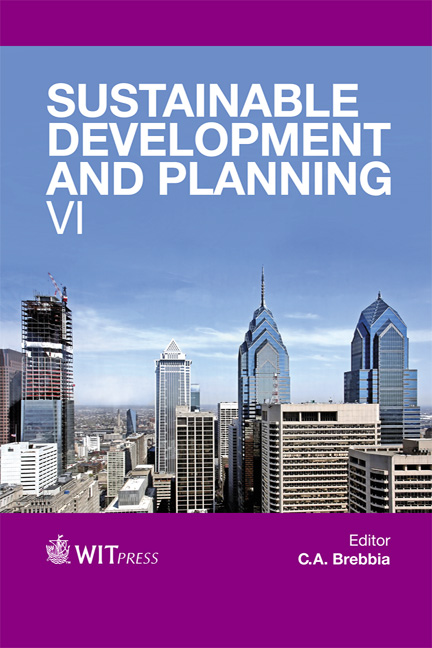Technical Collaboration In International Environmental Assessment Projects: A Case Study Of The UNEP Environmental Assessment Of Ogoniland Project
Price
Free (open access)
Transaction
Volume
173
Pages
12
Page Range
67 - 78
Published
2013
Size
62 kb
Paper DOI
10.2495/SDP130061
Copyright
WIT Press
Author(s)
I. I. Kakulu, M. J. Cowing, B. B. Fakae
Abstract
Environmental Assessment projects range from very simple local projects involving the investigation of a single site to large and more complex international projects involving multiple locations; investigating multiple environmental media; and executed by a multi-cultural project management team. In the case of a post impact assessment survey, the goal is to gain access to impacted sites; collect relevant data; analyse the data and produce a report. In real life situations however, such a simple description does not match the complexity of the process as observed in actual field operations. The socioeconomic and socio-cultural environment in which a project takes place presents its own challenges to a project management team and an understanding of the expectations of local community which is a key success indicator. In the absence of working knowledge and understanding of local expectations, complex international projects may depend on joint working relationships between independent bodies in the form of collaborative partnerships to achieve their set goals. Using this approach, the planning and implementation of the project’s activities becomes joint responsibility of the partners and which may lead to the creation of new organizational structures and new implementation processes. This paper reviews the Technical Collaboration Partnership between the Post Conflict and Disaster Management (PCDMB) of the United Nations Environment Programme (UNEP) and the Rivers State University of Science and Technology (RSUST), Nigeria in the Environmental Assessment of Ogoniland Project, in Nigeria (2009 to 2011). The review adopts a philosophical framework that is grounded in phenomenology; a qualitative case-study research strategy and participant observation as the primary data collection method including content analysis of field notes. The findings indicate changes to normative operational procedures as a result of the partnership and recommends replication of this approach in similar international EIA projects, particularly in developing countries.
Keywords
environmental assessment, project management, technical collaboration, EIA, Partnerships, socioeconomics, international projects, Ogoniland Project





